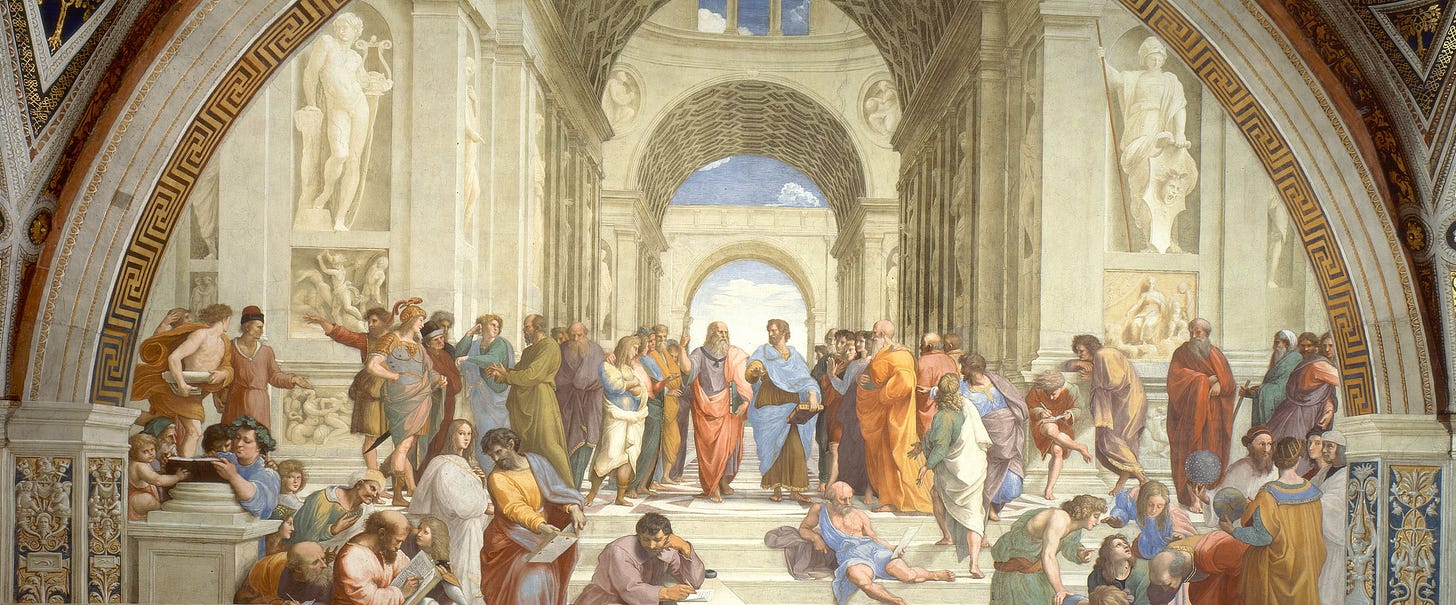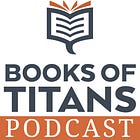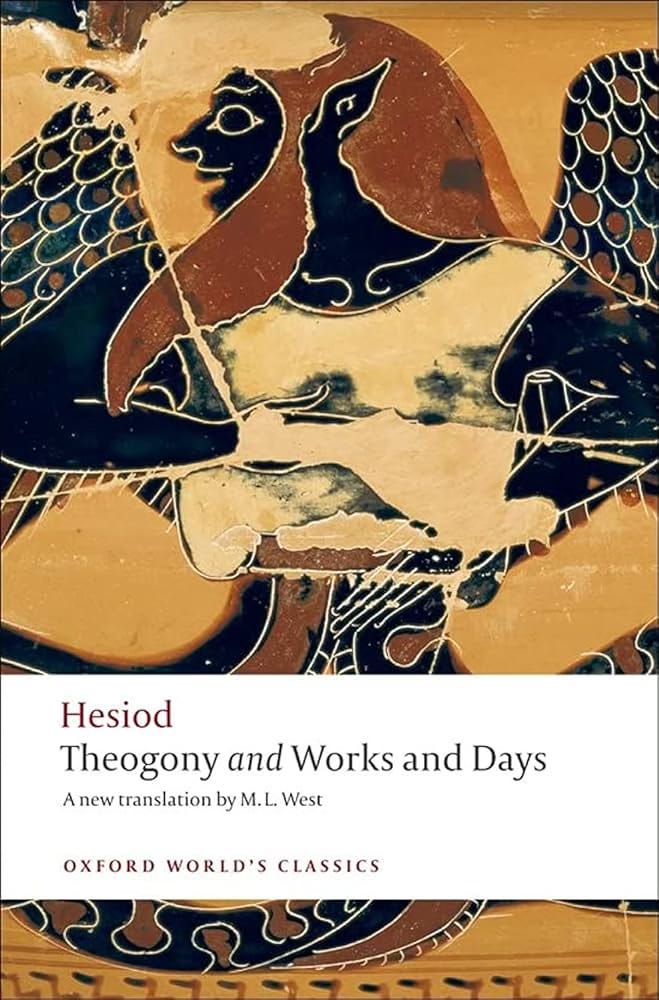Preparing for Greek Literature
Is knowledge of Greek Mythology required for reading Greek Literature?
I’m currently making my way through 200 of The Great Books in order from oldest to newest. I’m calling this year “My Big Fat Greek Reading List” since nearly every surviving work in the 700 to 300BC timeframe is from Greece. Karen Swallow Prior suggested that I read Edith Hamilton’s book Mythology before dipping my toe into the Greeks. I’m very thankful for that advice as it has helped me tremendously.
I quickly began to notice that nearly all Greek Literature assumes a familiarity with the gods, titans, and myths. You can read works like Homer’s Iliad or Aeschylus’ Oresteia without knowing Greek mythology, but you end up missing a lot. The pleasure of reading the Greek authors together is that this knowledge builds upon itself to where you get caught up in a world filled with an incredibly large backstory.
If you plan to read Greek Literature, here are some suggested books to prepare the way:
Mythology by Edith Hamilton
This is the best starting point. Edith Hamilton collected tales from a variety of sources (Hesiod, Homer, Ovid, and others) to present the full stories of many of the gods you’ll come across in your reading. Edith also highlights both the Greek and Roman names of the gods. Here’s my podcast episode about this book:
Theogony by Hesiod
Hesiod was either a contemporary of Homer or was very close in the timeline. His book Theogony covers the genealogy of the gods. This is very helpful in understanding which god gave birth to which god. This knowledge oftentimes provides insight into character qualities of the gods (for example, memory gave birth to the muses). Here’s my podcast episode about this book:
The Homeric Hymns
This is a collection of 33 hymns to the gods. These hymns contain a variety of stories about those gods. I found this to be a very entertaining way of learning about the Greek pantheon. Here’s my podcast episode about this book:
Greek Epic Fragments
Did you know that Homer’s Iliad & Odyssey are just two works out of eight total that compose the Trojan Epic Cycle? The six other works are lost to us, but many authors (Aeschylus, Pindar, Euripides, and Herodotus among others) referenced these epics, providing fragments we can access. Additionally, a writer named Proclus compiled plot summaries of each of the six lost works in his collection called Chrestomathy. This has left us with general outlines of what these six works contained, and they are presented in this Loeb Classical Library book. Some of the stories are the Judgement of Paris, the kidnapping of Helen, the Trojan Horse, and the death of Odysseus. Here’s my podcast episode about this book:
By taking time to do some preliminary preparation by learning about Greek Mythology, you’ll enhance both your understanding and enjoyment of the Greek authors. Let these books be your initial guide into the wonderful world of Greek Literature!









Your podcast on Edith Hamilton’s Mythology led me to that book. It has been instrumental in my understanding of the gods. After reading Mythology, I reread The Iliad and the Odyssey again and had a greater appreciation for those works. I also liked Hesiod, but more for Works and Days than Theogony.